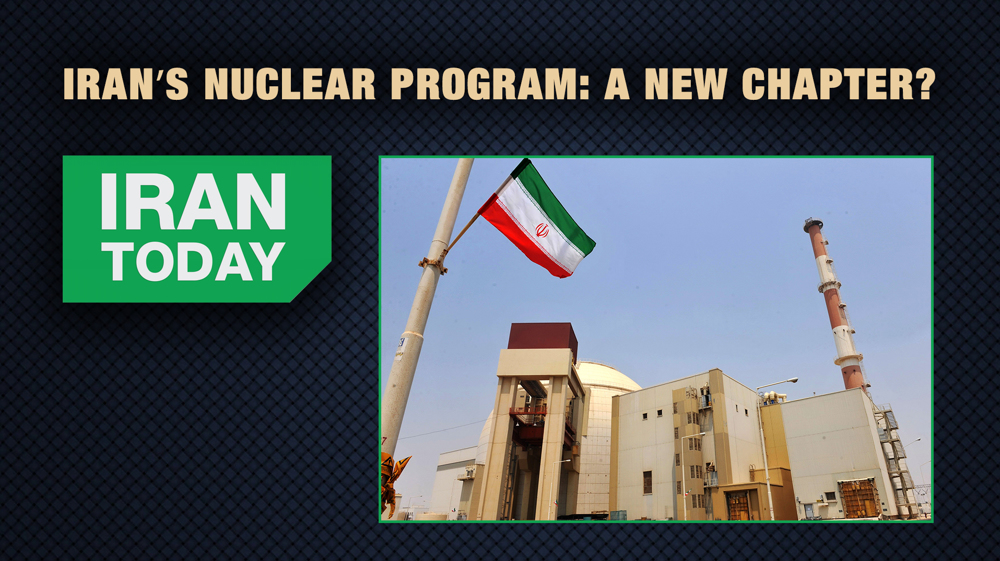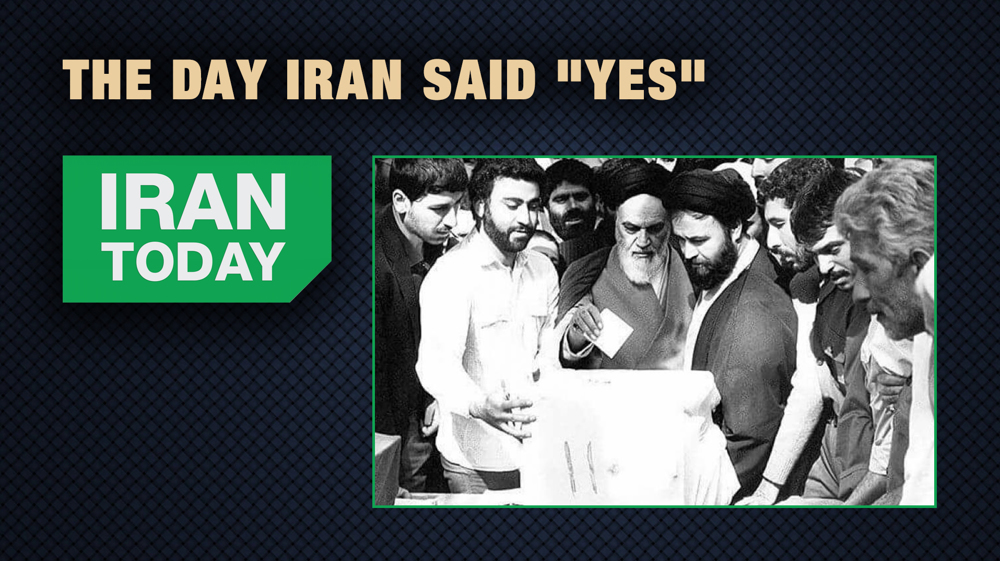US Supreme Court seizure of $2b of Iran’s assets
The US Supreme Court has issued a verdict that Iran must pay $2 b to relatives of Americans killed in Lebanon and Saudi Arabia.
On October 23rd, 1983, a huge blast ripped through the US barracks and took the lives of 241 Americans. Thirteen years later, on January 25th, 1996, another blast took place in an American base in the Saudi city of Khobar and resulted in the death of 19 US soldiers, leaving some 400 others wounded.
The American government incriminated Iran but failed to demonstrate any hard evidence and moreover the then US defense secretary, announced that al-Qaeda is the perpetrators of the bombing and that there’s no proof linking Iran to any of this.
Ever since, US courts have for years been trying to exploit these two incidents at any cost or chance to justify laying their hands on Iranian held assets wherever it be. In the last episode of these efforts, some $ 2 billion of Iranian assets were blocked in CitiBank, meant to be released to 1,300 relatives of these incident’s victims.
According to the rules of State Immunity, America is blatantly violating international laws by plundering Iran’s frozen assets in Citibank. One reason why the US action against Iran is illegal is indeed Washington’s breach of the 2004 convention on Sovereign Immunity of nations and their assets.
The US isn’t a signatory to this treaty; however, in article 5 of this convention, which speaks of judicial immunity of states, in this convention, the stipulation is universal and thus encompasses also the non-member states, and equally holds them responsible for observing this international contract.
During the sanctions, Iran made some anonymous investment in Citibank of America via Clear Stream, being a post-trade services provider. Experts believe the Americans had probably been tracing these transactions via the SWIFT system and had been alerted that this company is busy using Iranian assets to invest in other countries.
The American lawyers of the US servicemen are then notified of this Iranian, investment in US government bonds as well as existing Iranian assets in CitiBank and take action to take advantage of it. On the other hand, Americans, too, brought serious harms to the Iranians directly or indirectly such as the overthrown of a democratically elected government of Mohammad Mosadegh or the all-out support for Saddam Hussein.
Consequently, the Iranian parliament has decided to ratify a bill, under the name of “The Government’s Obligation to Retrieve Reparations from the US," in a patriotic bid to ensure that Iranians also would have a fair opportunity to lodge complaints against US measures.
Watch the full version of this episode here:
60th anniversary: #Saudi-led #OPEC now doing US biddinghttps://t.co/IW1iE4NS3I
— Press TV (@PressTV) September 14, 2020
Yemen targets Israeli military sites in Jaffa in retaliation for Israel’s Gaza genocide
Leaked emails show German officials pressing staff into deporting pro-Palestine activists
Thousands of Pakistanis rally to censure Israeli crimes in Gaza
‘Gaza is not alone’: Yemenis hold million-man protests to show solidarity with Palestinians
VIDEO | Iranians rally to condemn Israeli atrocities in Gaza
VIDEO | Record surge in Israeli home demolitions across occupied West Bank
VIDEO | Entire family killed in Israeli strike on house
Iranians rally nationwide in support of Gaza, blast international silence









 This makes it easy to access the Press TV website
This makes it easy to access the Press TV website